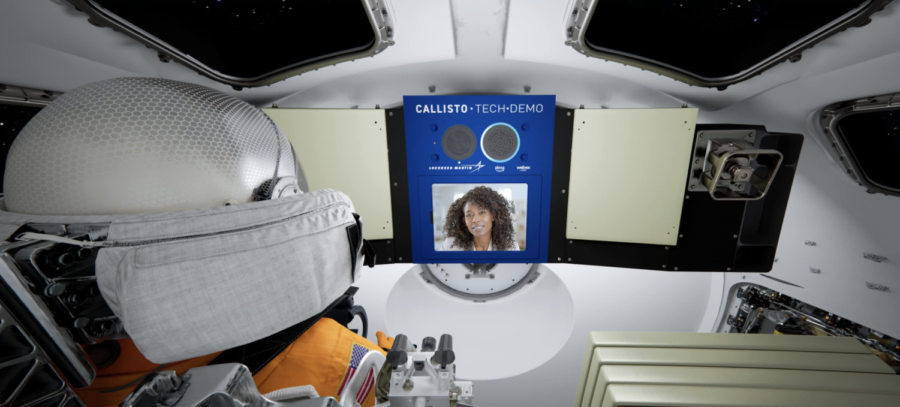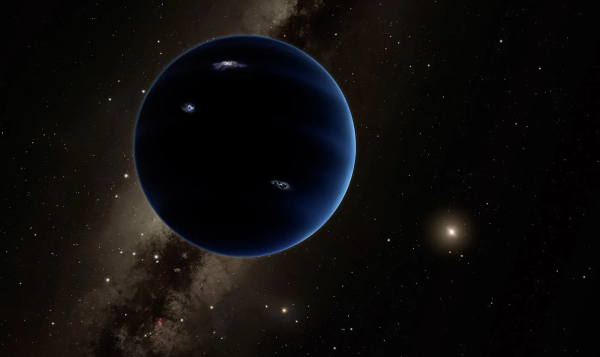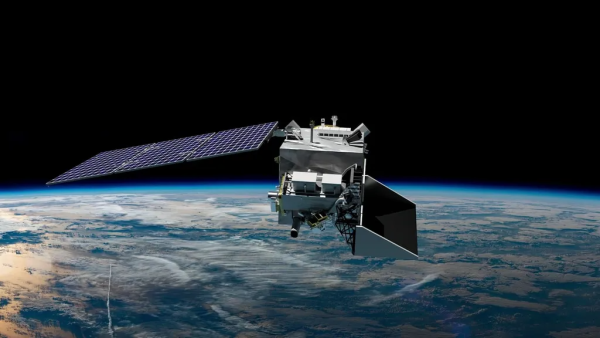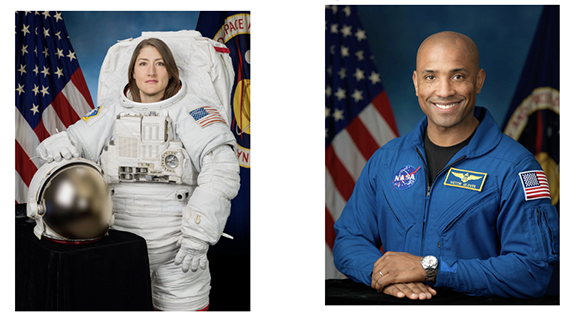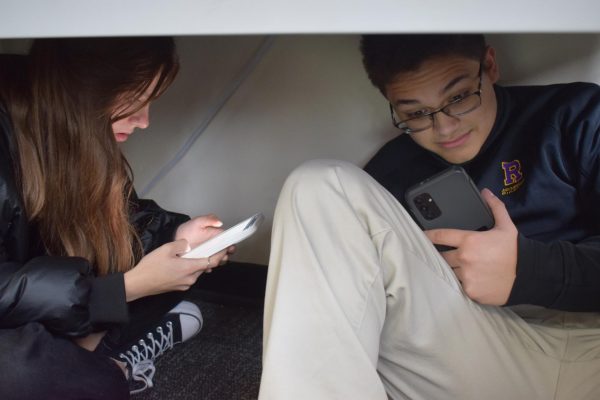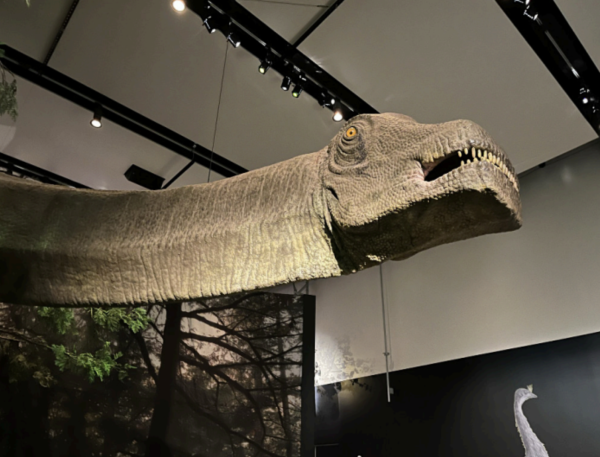Alexa ascends as first AI astronaut in space
March 8, 2022
The launch of the fabled satellite “Sputnik” took place in the year 1957 making it the first artificial satellite to be purposefully placed into orbit. Sputnik would soon be the first of many. In the past 65 years, the progress of space technology has been exponential and isn’t stopping any time soon.
On March 20, NASA’s Artemis 1 will exit our orbit and enter that of the moons. However this flight will be unlike any other, rather than having astronauts in the cockpit, NASA opted to trust Amazon’s Alexa to monitor the ship. Artemis 1 being an unmanned test flight showed to be the perfect opportunity to be the first implementation of AI-assisted space travel.
While not directly piloting the spacecraft, Alexa will be interacting with NASA operators on the ground. Alexa’s role may seem menial, but this is likely only the beginning of AI’s role in space exploration. While they aren’t applicable to piloting rockets, as they aren’t controlled in real-time, they can and will be crucial in the near future.
Kurt Osmer, Engineering teacher, and fellow space travel enthusiast agrees. “I can definitely see AI piloting being used in the traversing of other planets and such. As soon as 2026, AI could play a major role in on-ground traversal for the upcoming moon base”.
Alexa’s upcoming space voyage might very well mark the start of a new wave of technological advancements.


